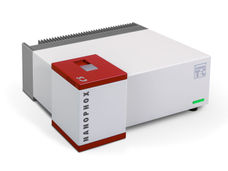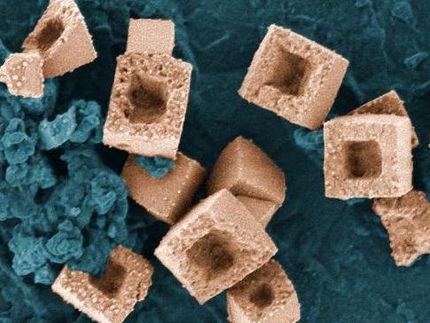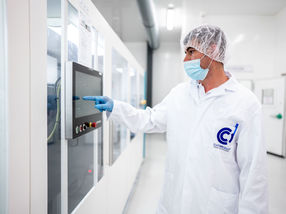Nanomaterials under REACH and CLP
nanotechnology is rapidly expanding and is being used in various areas, such as health care, consumer products like cosmetics, electronics, energy technologies, food, and agriculture. It is therefore not surprising that many products containing engineered nanoparticles are already available on the European market. Nanotechnology deals with structures ranging from approximately 1-100 nm in at least one dimension. This nano size results in specific physico-chemical properties that may differ from those of the bulk substance or particles of a larger size.
Although there are no explicit requirements for nanomaterials under REACH or CLP, they meet the regulations' substance definition and therefore their provisions apply. In 2011, the European Commission has released a specific recommendation on a Nanomaterials definition. The recommendation is to be used in different European regulations, including REACH and CLP.
While nanomaterials clearly provide unique technical and commercial opportunities, the rapid increase in their use raises questions regarding their potential effects on health and environment. There is a need to adequately assess and manage the potential risks of these new forms of materials, and even if manufacturers, importers and downstream users have to ensure the safe use of each substance (whatever its form) under REACH, this introduces new challenges for regulators (Commission and ECHA) as well as all other stakeholders. ECHA works in close collaboration with Member State competent authorities, the European Commission, stakeholders and international organisations such as the Organisation for Economic Cooperation and Development (OECD).
ECHA's activities
Since REACH and CLP cover nanomaterials, ECHA needs to be able to carry out its tasks within the various REACH processes (e.g. registration, evaluation, authorisation and restrictions) and CLP processes (e.g. Classification and and Labelling) for nanoforms as for any other form of a substance and needs to have sufficient scientific and technical capacity to do so. With this aim ECHA has gradually increased its activities in this area since 2011 focusing on:
- Internal and external capacity building
- Sharing experience with and generating consensus among MSCAs, MSC and RAC members on safety information on nanomaterials in REACH registration dossiers
- Providing feedback and advice to registrants that wish to register nanomaterials at the next registration deadline (2013)
- Participating and contributing to ongoing international regulatory activities (such as OECD Working Party on Manufactured Nanomaterials)
In October 2012, ECHA has established a nanomaterials working group (ECHA-NMWG) to discuss scientific and technical questions relevant to REACH and CLP processes and to provide recommendations on strategic issues. It is an informal advisory group consisting of experts from Member States, the European Commission, ECHA and accredited stakeholders organisations, with the mandate to "Provide informal advice on any scientific and technical issues regarding implementation of REACH and CLP legislation in relation to nanomaterials."
Most read news
Other news from the department politics & laws
These products might interest you

NANOPHOX CS by Sympatec
Particle size analysis in the nano range: Analyzing high concentrations with ease
Reliable results without time-consuming sample preparation

DynaPro Plate Reader III by Wyatt Technology
Screening of biopharmaceuticals and proteins with high-throughput dynamic light scattering (DLS)
Efficiently characterize your sample quality and stability from lead discovery to quality control

Eclipse by Wyatt Technology
FFF-MALS system for separation and characterization of macromolecules and nanoparticles
The latest and most innovative FFF system designed for highest usability, robustness and data quality

Get the chemical industry in your inbox
From now on, don't miss a thing: Our newsletter for the chemical industry, analytics, lab technology and process engineering brings you up to date every Tuesday and Thursday. The latest industry news, product highlights and innovations - compact and easy to understand in your inbox. Researched by us so you don't have to.


























































